News Analysis
For the last several days the leader of the Chinese Communist Party, Xi Jinping, has been in Russia, taking in the fanfare of the Sochi Winter Olympics opening ceremony, shoring up ties with Russian officials, and making a point of expressing political solidarity with the regime of Russian strongman Vladimir Putin.
“The reason I came to the Sochi Winter Olympics opening ceremony was to demonstrate our support to your country’s political undertaking,” Xi Jinping said, in opening remarks during a rare one-on-one interview with a Russian television station.
The trip, and its sentiments, come as the Chinese regime continues to step up its territorial claims in the East and South China seas, and as it exchanges sharp words with the United States about its strategic ambitions in the Western Pacific.
“Among neighbors and friends, the more time they spend together, the more intimate they become, and the further they go together, the closer they become. When a neighbor has a celebration, one should come and pay his compliments,” Xi said.
Chinese Web portals, where most people get their news in China, put the news at the top of their front pages. Chinese state mouthpieces, like Xinhua and People’s Daily, also gave prominent coverage to the trip and Xi’s remarks.
People’s Daily, the official mouthpiece of the Chinese Communist Party, declared that Xi’s visit to Moscow—his first overseas trip two years consecutively—was “potent proof of the special bond between the two nations.”
Such remarks have not been made by Chinese leaders in the context of the U.S.-China relationship.
Friends With the Third World
A major foreign policy statement of the Xi Jinping regime—or at least, a paper that was officially identified as such—was published on Jan. 25. It emphasized that China pursues peaceful development, as long as all countries respect China’s core interests.
It also made special mention of the fact that “China will always be friends with developing countries.” There was no similar especial mention of China’s friendship with developed countries.
The rhetoric recalls, though differs in substance from, the Maoist support for revolution in third world countries during the 1960s and 1970s.
Guarding Against US
This ideological inflection to foreign policy—while by no means exclusive of pragmatic commercial considerations, or pursued to the detriment of relations with the United States and other countries—is in harmony with recent murmurs from the Chinese communist ideological establishment about the dangers of Westernization.
The Chinese communist leadership has over the last year paid special attention to the collapse of the Soviet Union, including the rollout of an intensely ideological lecture series on how China must avoid the same fate.
“Why did the Soviet Union disintegrate?” Xi asked in a speech in 2012. “An important reason was that their ideals and beliefs had been shaken.”
Xi continued: “To dismiss the history of the Soviet Union and the Soviet Communist Party, to dismiss Lenin and Stalin, and to dismiss everything else is to engage in historic nihilism.”
“Some people define reform as turning toward Western ‘universal values’... this is stealthily changing the ideas around and distorting our concept of reform.”
One of the hallmarks of these discussions is the positioning of “the West” (meaning, effectively, the United States) as an enemy that is ceaselessly engaged in attempting to subvert the Chinese political system.
Political Contest
These fears were expressed most pungently in the documentary “Silent Contest,” produced by China’s National Defense University, the highest official institution of military study in China. In this telling, America is a sneaky and troublesome foe that attempts to undermine the Communist Party’s ideological purity through trade, diplomacy, and military-to-military exchanges.
Indeed, early U.S. rationalizations of the basis for an extensive economic relationship with the PRC revolved around what was known as the theory of “peaceful evolution.” In that model, it was argued that economic development would inevitably bring political change.
That theory has largely been discredited, and the ostensible basis for U.S. economic engagement with China no longer hinges on it.
However, Chinese military planners appear to still be perturbed by the idea, according to the content of “Silent Contest.”
They also appear to be opposed to exchange and cooperation between the two militaries. American military strategists generally believe that such relationships, when pursued in such a way as to prevent China learning sensitive U.S. military information, could be extremely important for establishing protocols and lines of communication in the event of a crisis.
This attitude marks a striking contrast to the military ties that China enjoys with Russia. The two countries held bilateral military drills in July and August of last year, exemplifying their “strong military ties,” according to the Russian state-run media RIA Novosti.
Beijing repeated the sentiment in November of last year. “The China-Russia comprehensive, strategic and cooperative ties have maintained a positive momentum for development,” said Xinhua, the Chinese state mouthpiece. “The high-level political partnership has created favorable conditions for military exchanges.”
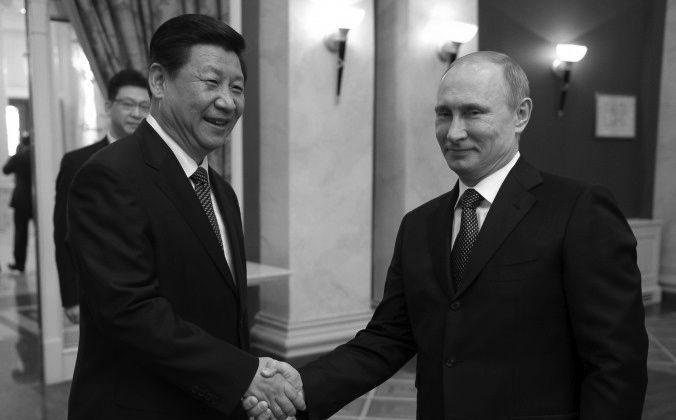

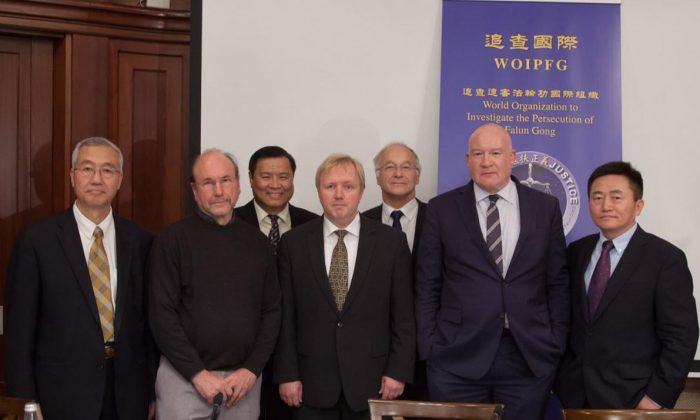
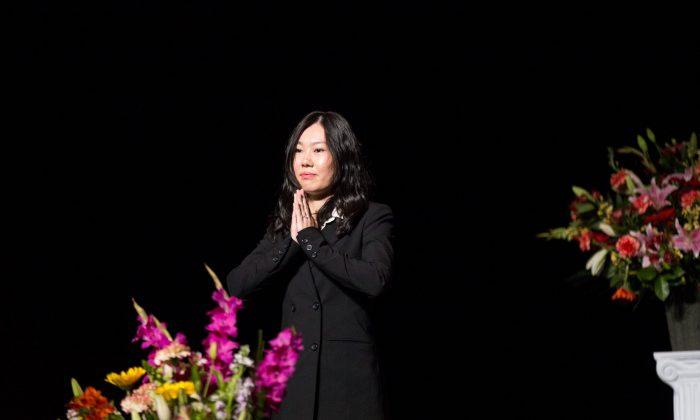
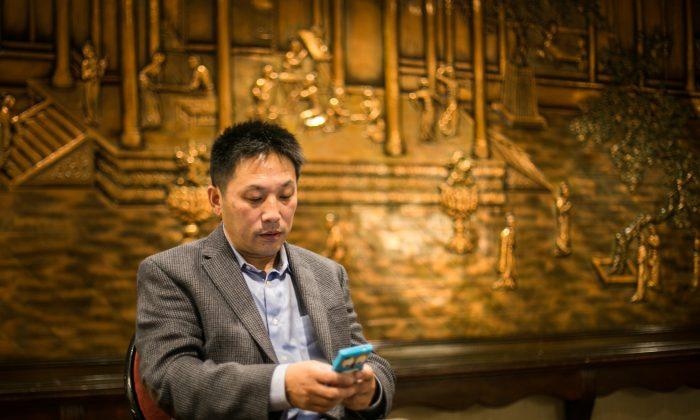
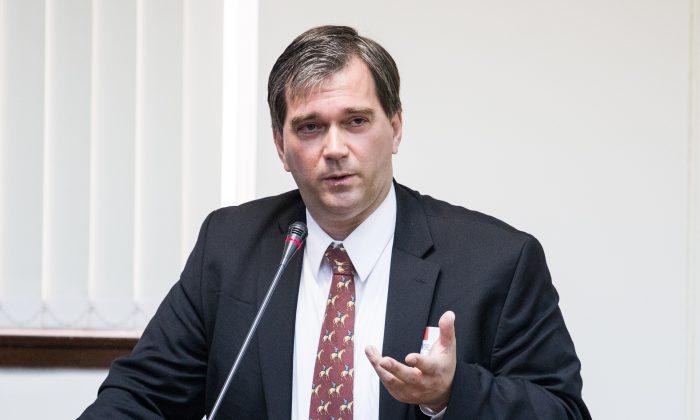
Friends Read Free